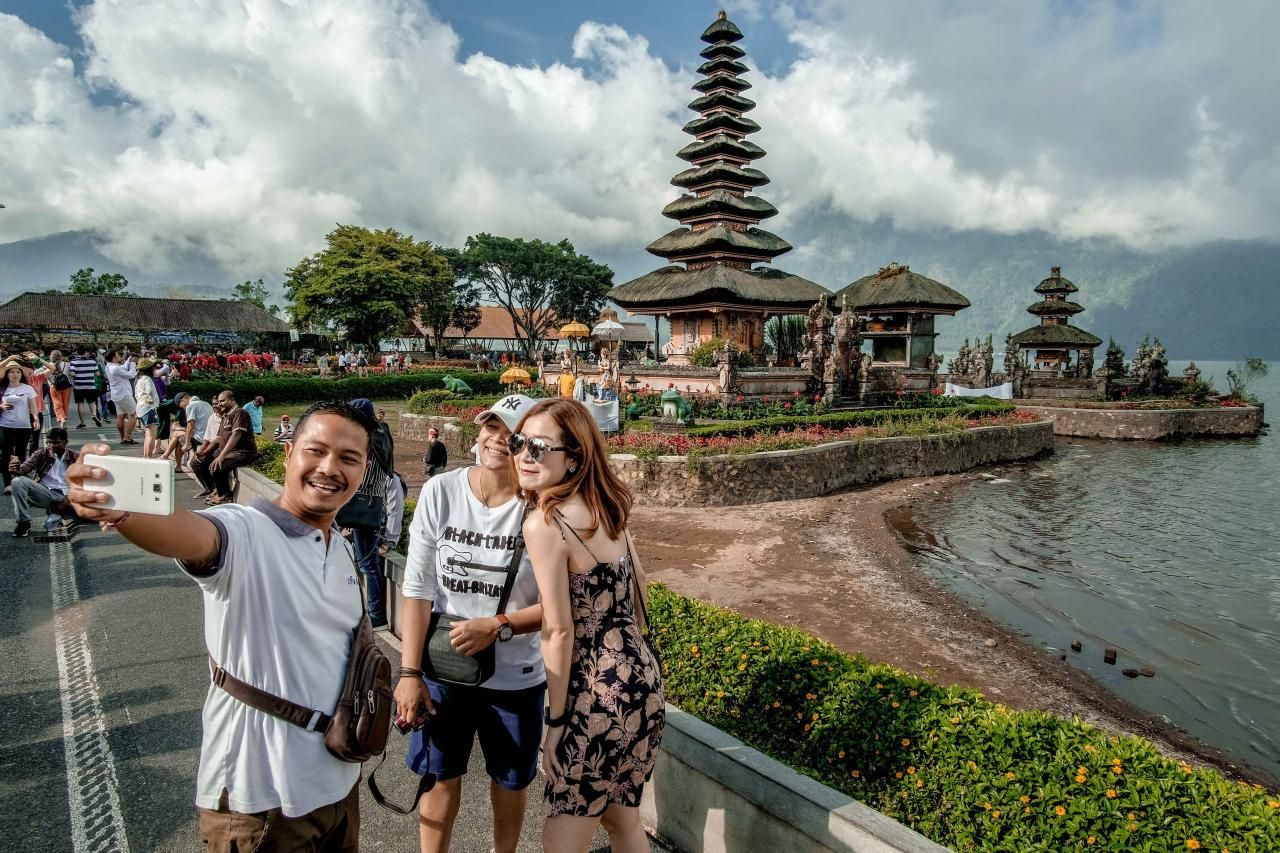Bali officials are appealing to the central government to allow tourists into the island during the mudik ban period next month, arguing that leisure travelers should not be put into the same category as those who are returning to their hometowns.
Mudik is the annual homecoming exodus tradition in Indonesia that coincides with the Eid al-Fitr holiday, which sees tens of millions of Indonesians visiting their hometowns annually before the pandemic. With Eid holiday expected to fall on May 13 and 14 this year, Indonesia is set to ban the exodus from May 6 to 17 to reduce potential risks of COVID-19 transmissions.
This will undoubtedly have an impact on Bali, which has always been a popular destination for domestic tourists around the Eid holiday period. Earlier this month, officials in the province stressed that travelers defying the mudik ban will be turned away at various ports of entry.
Bali Deputy Governor Tjokorda Oka Artha Ardhana Sukawati, also known as Cok Ace, said there should be an exception made for Bali during the upcoming mudik ban.
“[People] are not going on mudik to Bali, they are going on a holiday to Bali and [domestic] tourism in Bali has been open since last July. So we are appealing for an exception for tourists,” Cok Ace said yesterday.
Despite the risks of COVID-19 transmission, Cok Ace claimed Bali has been able to keep the number of infections low even during previous holiday periods, and said that the number of tourists are expected to reach 10,000 at the most for Eid, when it is presently between 4,000 and 6,000.
Dicky Budiman, an epidemiologist from Griffith University Australia, told Coconuts today that high mobility, regardless of whether or not it is for mudik, increases the risk of transmission that could worsen the pandemic situation in Indonesia.
“There’s a high probability or possibility that people who are mobile, people who go on mudik, will bring all sorts of viruses with them,” Dicky said.
He explained that Indonesia has yet to control the pandemic and is at the level of community transmission, where it is difficult to detect the source of infections of clusters.
The public health expert said that only extremely essential travel should be allowed, adding that negative results of a PCR test or an antigen rapid test must be required for those who do travel.





Reader Interactions